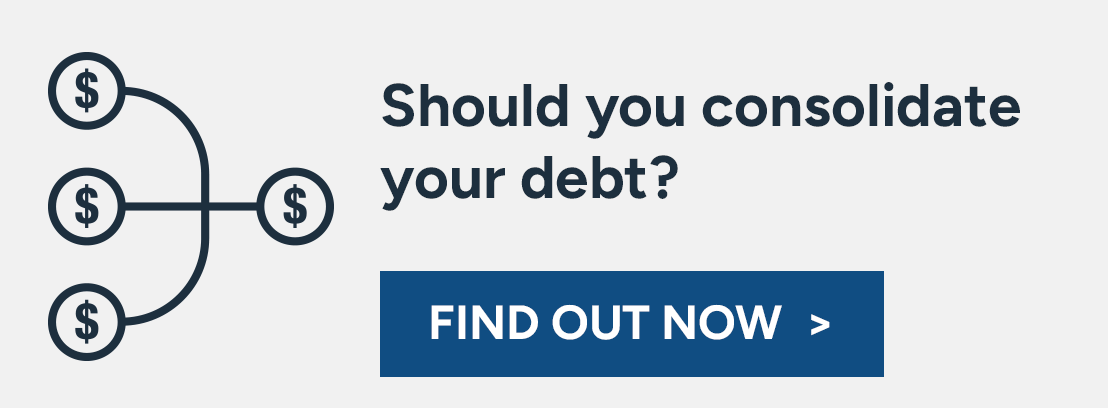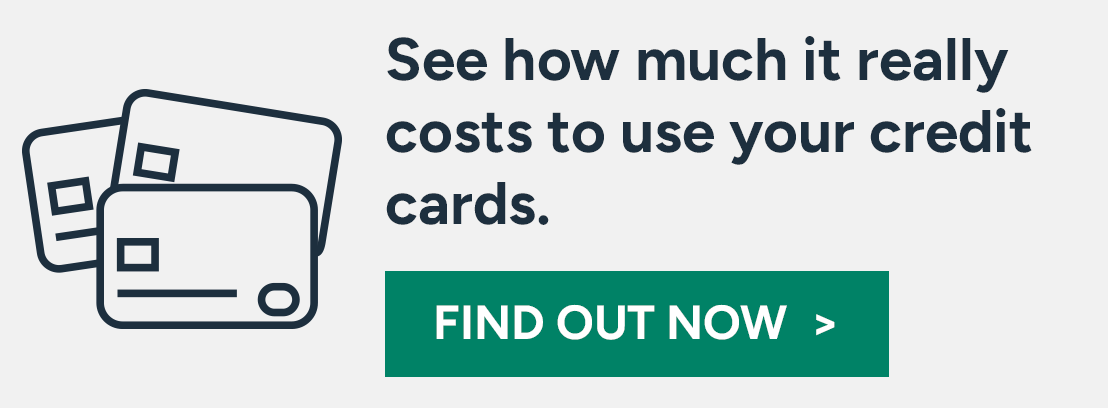Credit Counseling for Bankruptcy
Credit counseling for bankruptcy will help you become better informed about a potentially huge step that can affect your financial life for a long time. Although a bankruptcy discharges your qualifying debts, there are several consequences:
- The bankruptcy stays on your credit report for up to 10 years after you file.
- It will be hard for you to get additional credit.
- You might not be hired for certain jobs, because some employers may check your credit report and reject applicants who have filed for bankruptcy.
Despite the consequences, sometimes filing for bankruptcy seems to be the only option to ease your financial difficulties. Before you make a final decision, seek bankruptcy counseling from an expert counselor at a non-profit credit counseling agency.
Preparing for Your Credit Counseling for Bankruptcy
Credit counseling before bankruptcy is required by law. Even if you haven’t made a final decision about filing, the pre-bankruptcy counseling can help you consider the alternatives to bankruptcy and determine whether it’s the best option for your situation. In other words, this consumer bankruptcy counseling session helps you make an informed decision.
During the credit counseling pre-bankruptcy, you will get credit counseling advice and learn the different alternatives to filing for bankruptcy, but you will not receive legal advice. You can evaluate this information to decide whether you want to proceed, however. You might discover a better option that provides debt relief but is less harmful to your credit rating.
When you come to your pre-bankruptcy counseling session, make sure you have this information on hand for the credit advisor to assess your financial situation accurately and effectively:
- Monthly household income and expenses
- Asset information, such as real estate, vehicles, savings, and retirement plans
- Secured debt information, such as home mortgages and car loans
- Unsecured debt information, such as credit cards, department store cards, and personal loans
You do not need to provide the account numbers for your secured and unsecured debt. Only the creditors’ names and current account balances are necessary.
When you finish your credit counseling regarding bankruptcy, you will receive a certificate that you file with the court if you decide to proceed with bankruptcy. Or you might find that other consumer debt solutions are better for your financial situation.
If you do pursue bankruptcy, you will need to complete additional credit counseling after bankruptcy filing and before your debts are discharged, in the form of a debtor education course at least two hours in length.
Alternatives to Credit Counseling for Bankruptcy
In addition to providing U.S. government-approved credit counseling pre-bankruptcy and post-bankruptcy, American Consumer Credit Counseling (ACCC) has several consumer credit solutions to meet your unique needs. Here are just a few of the services we offer:
- Debt management programs that consolidate your debt without requiring new borrowing
- Reverse mortgage counseling
- Foreclosure counseling (Massachusetts residents only)
- Free financial education, such as resources for military families and veterans, student loans, seniors and guides to teach your children on how to manage their money



